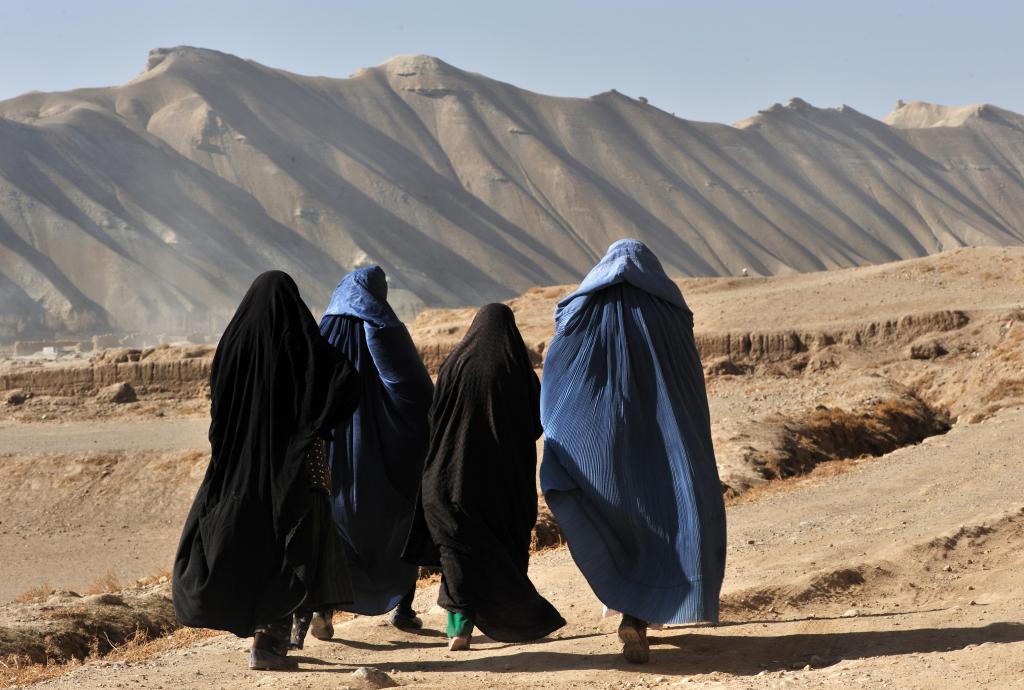Afghan society has been marked in a lasting way by war and the exodus of part of its population, but also by the presence of a myriad of international and nongovernmental organisations, as well as armed forces from many countries. Homo itinerans comes in many ways. The movement of refugees trying to get to Europe, Australia or North America is matched by the flow of experts who exercise their talents in Afghanistan after having been in the Democratic Republic of the Congo, Palestine or East Timor. The latter travel from North to South and promote social and political norms supposed to be universal; the former move in the opposite direction from South to North and unmask through their mobility the inequitable distribution of resources, whether it is economic well-being or the possibility of living in security.
Turning resolutely away from the image of Afghanistan as a country suspended outside the historicity of the surrounding regions, as a margin that might be magnificent but is resistant to change, this book deals with these multiple mobilities, which intersect but do not unfold in a horizontal world. By their very differences, they express power relations and global inequalities.
By small impressionist touches, by telling scenes of everyday life observed among the villagers of the Afghan mountains or during an evening between expatriates in Kabul, during a training programme given in a luxury hotel in Abu Dhabi or during a visit to the Calais jungle, Alessandro Monsutti evokes places, brushes atmospheres to show, hear and feel the life of people he met. Adopting mobility as an analytical key, playing with scales, it proposes a global although intimate ethnography of Afghanistan and offers a decentered perspective on the contemporary world.
Written in first-person singular, the book builds on more than two decades of ethnographic itinerancies in some 20 countries, bringing the readers from Afghanistan, Pakistan and Iran to Europe, North America and Australia. It describes the everyday life and transnational circulations of Afghan refugees as well as expatriates, seen as two instances of Homo itinerans.
For more information on Professor Monsutti's book in English and a video, please visit his page on the Afghan International Peace Conference and Festival's website.
Translated from the French by Patrick Camiller
Berghahn. November 2020. 148 pages.



